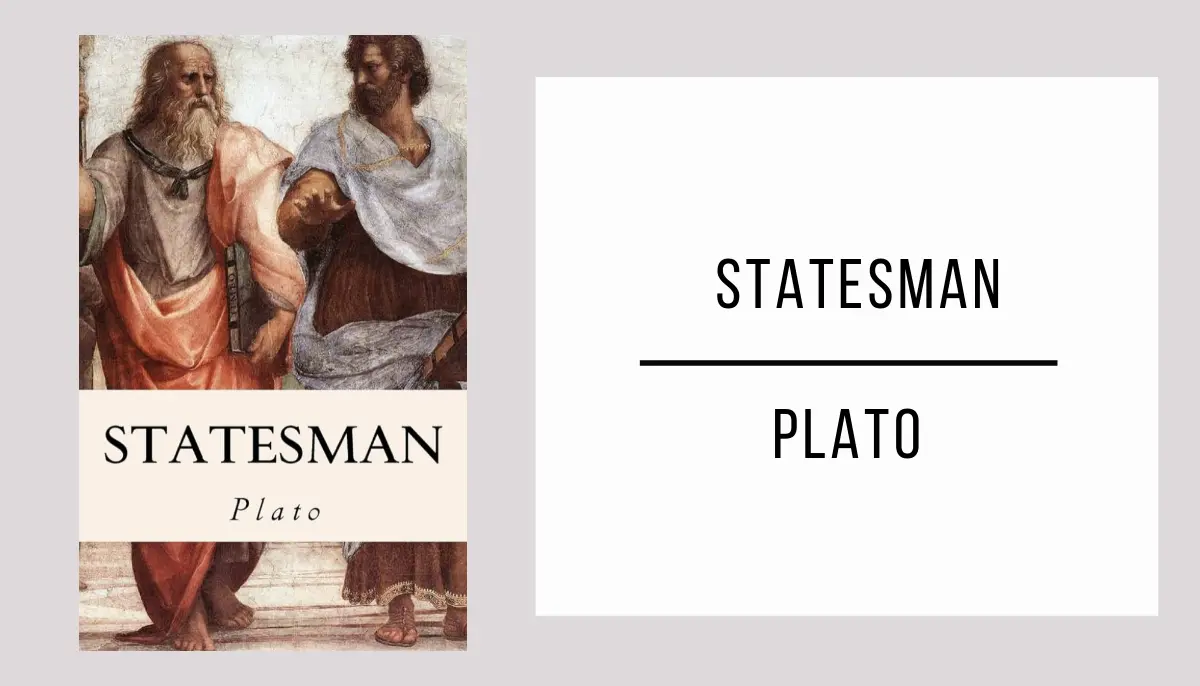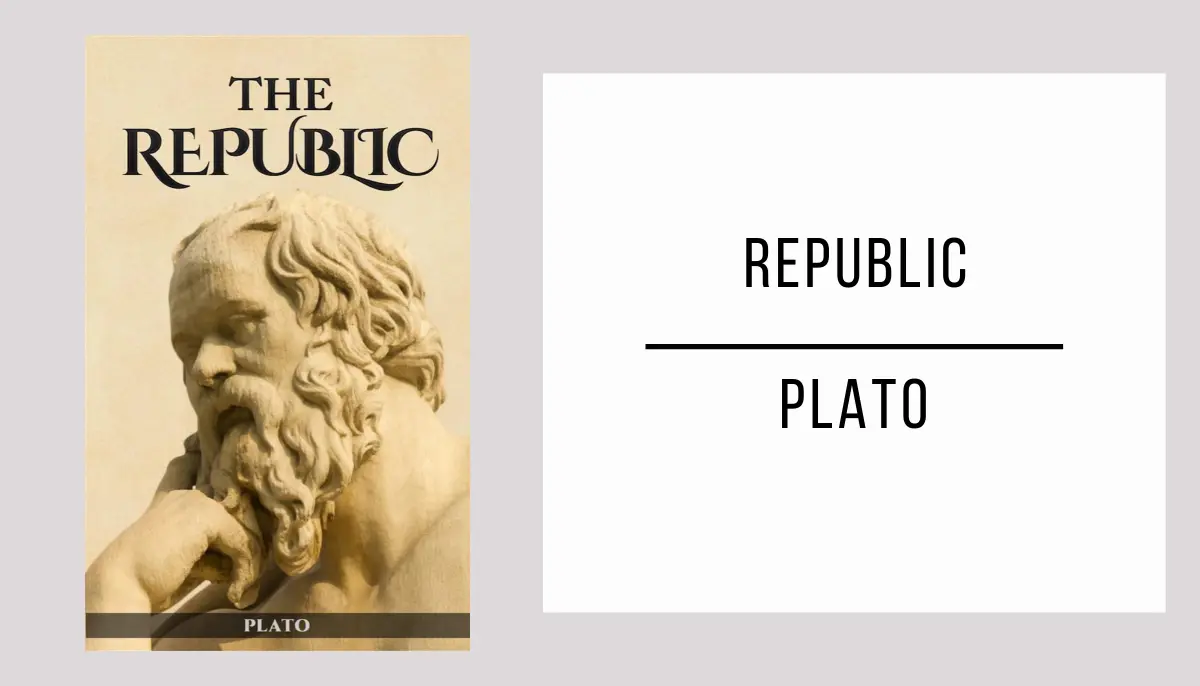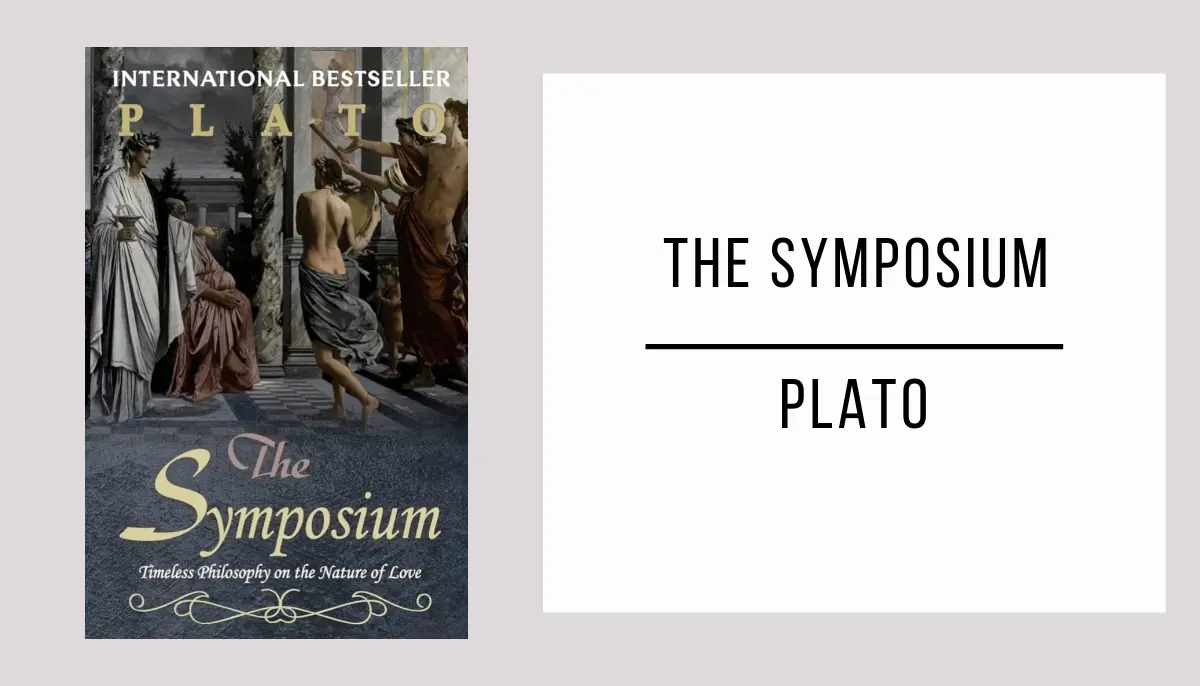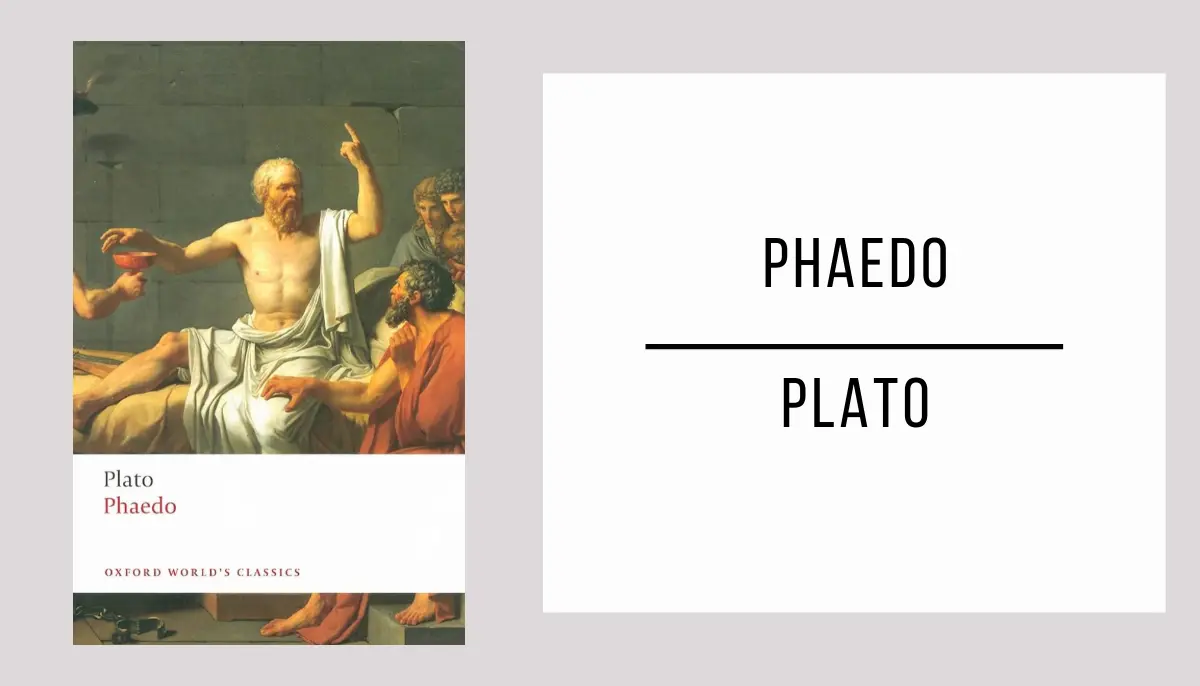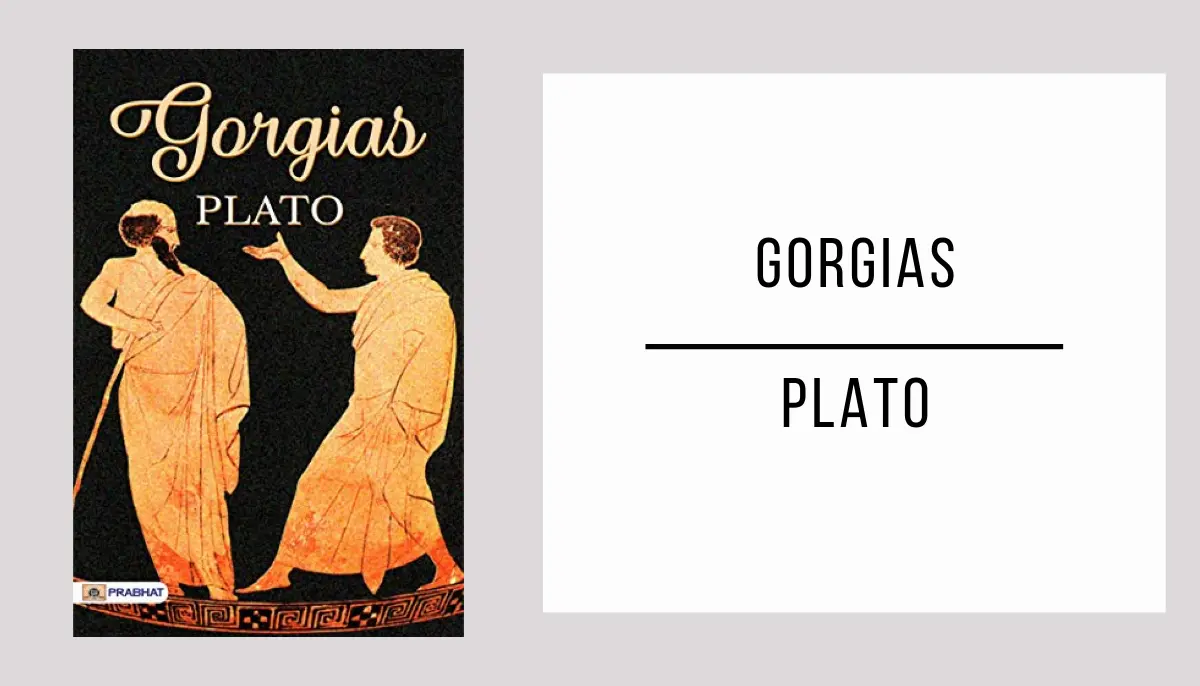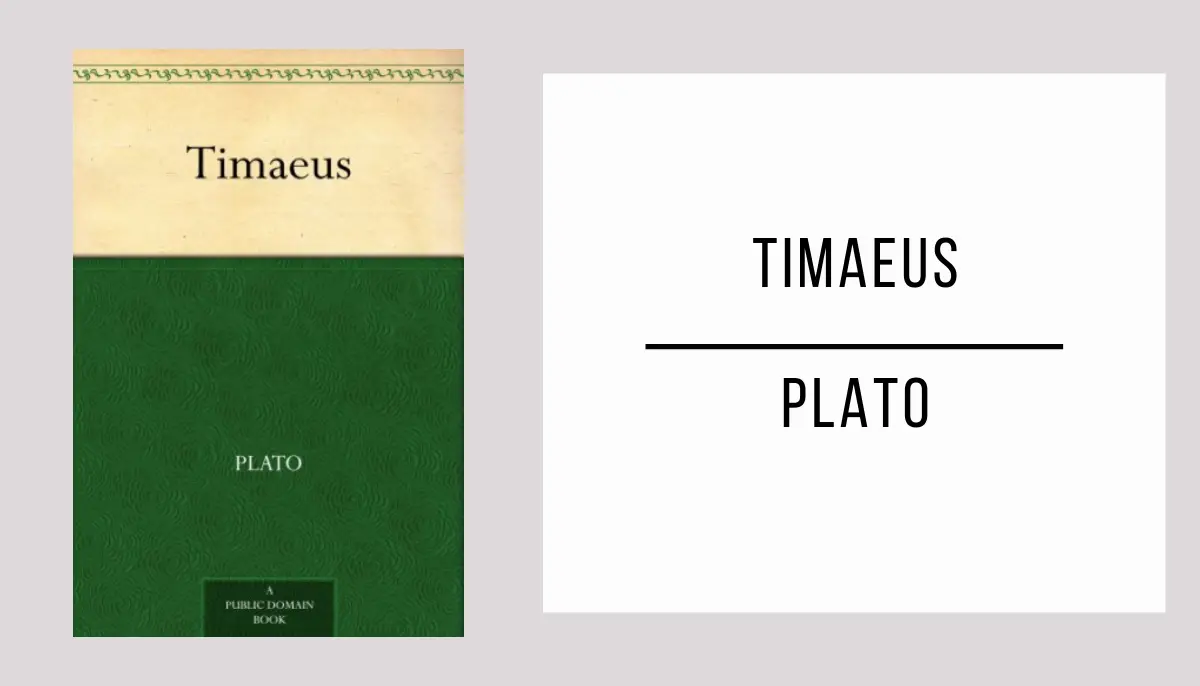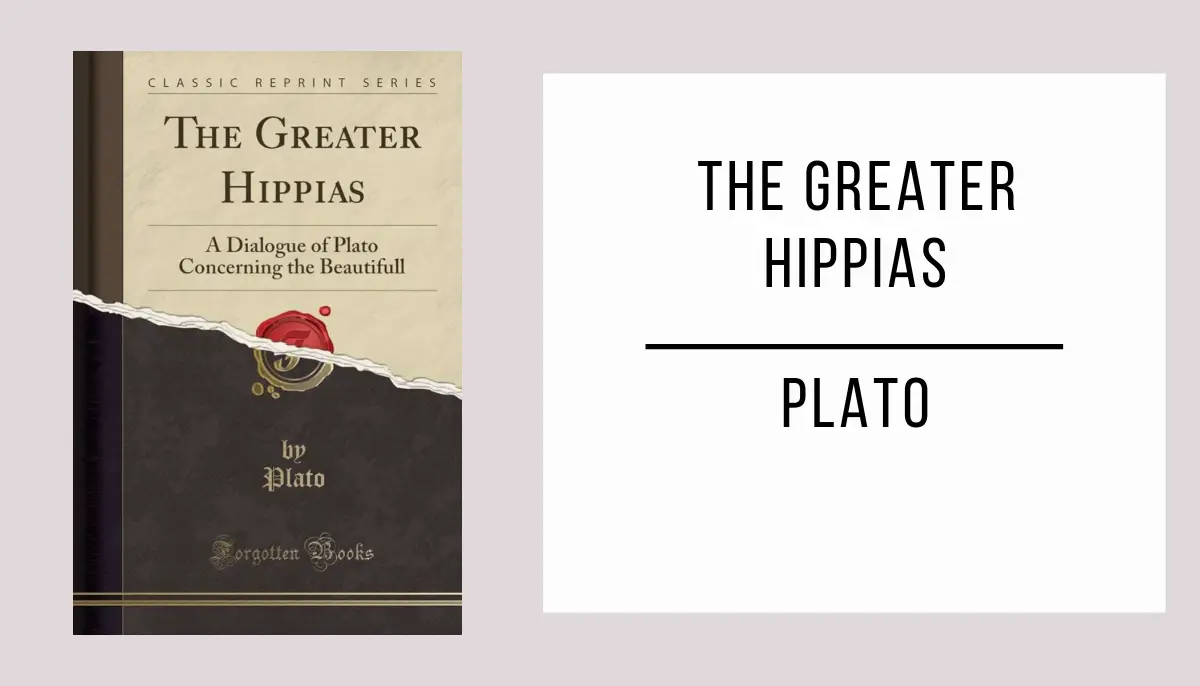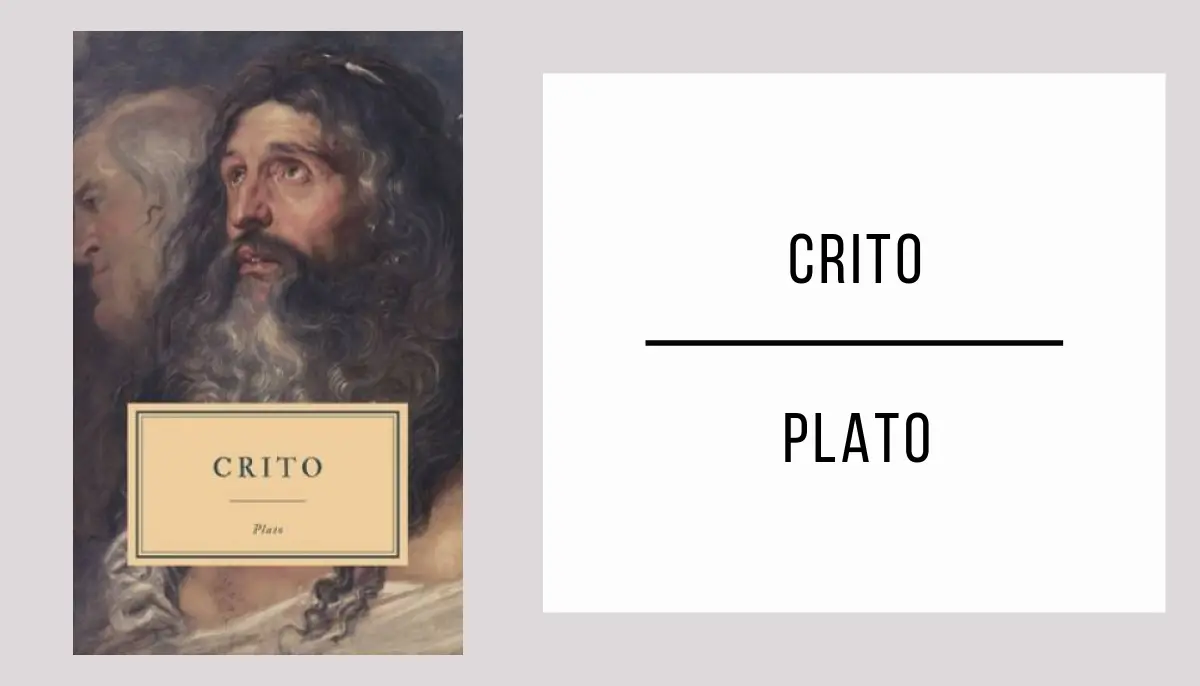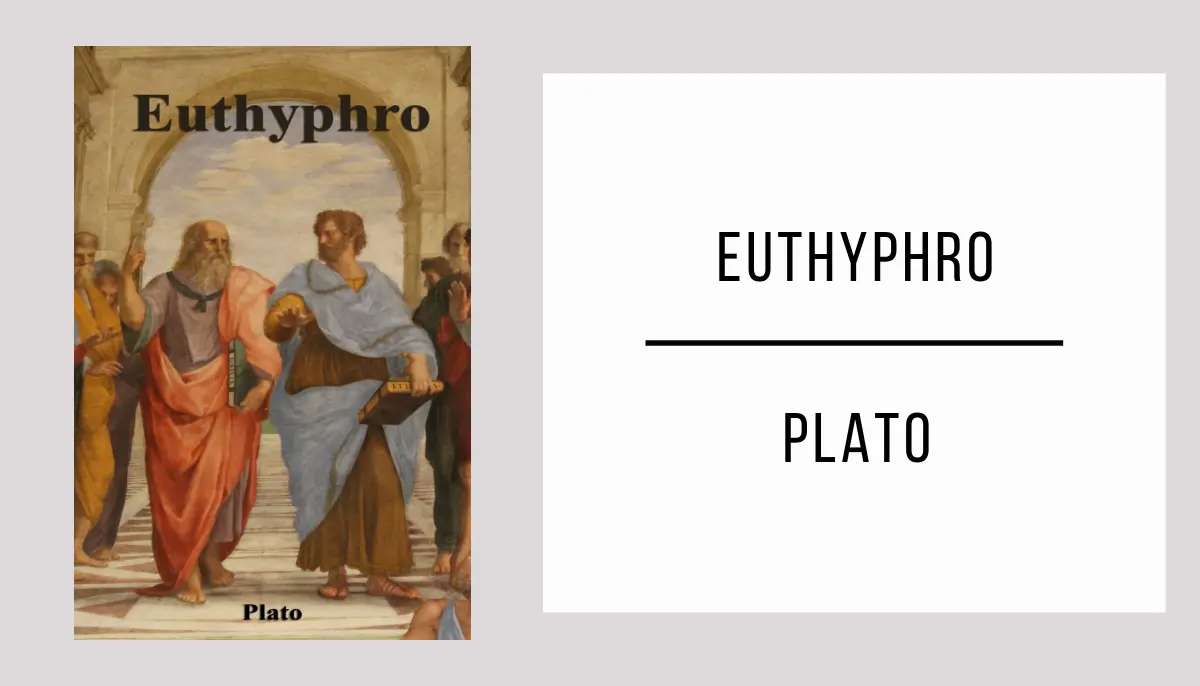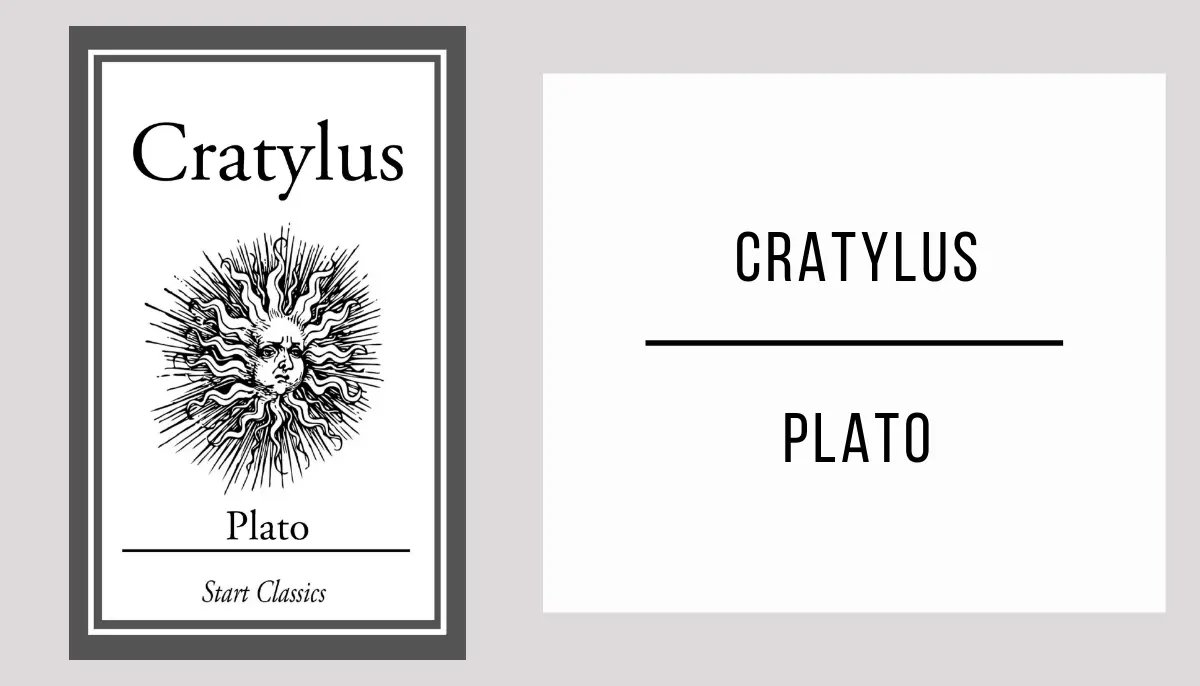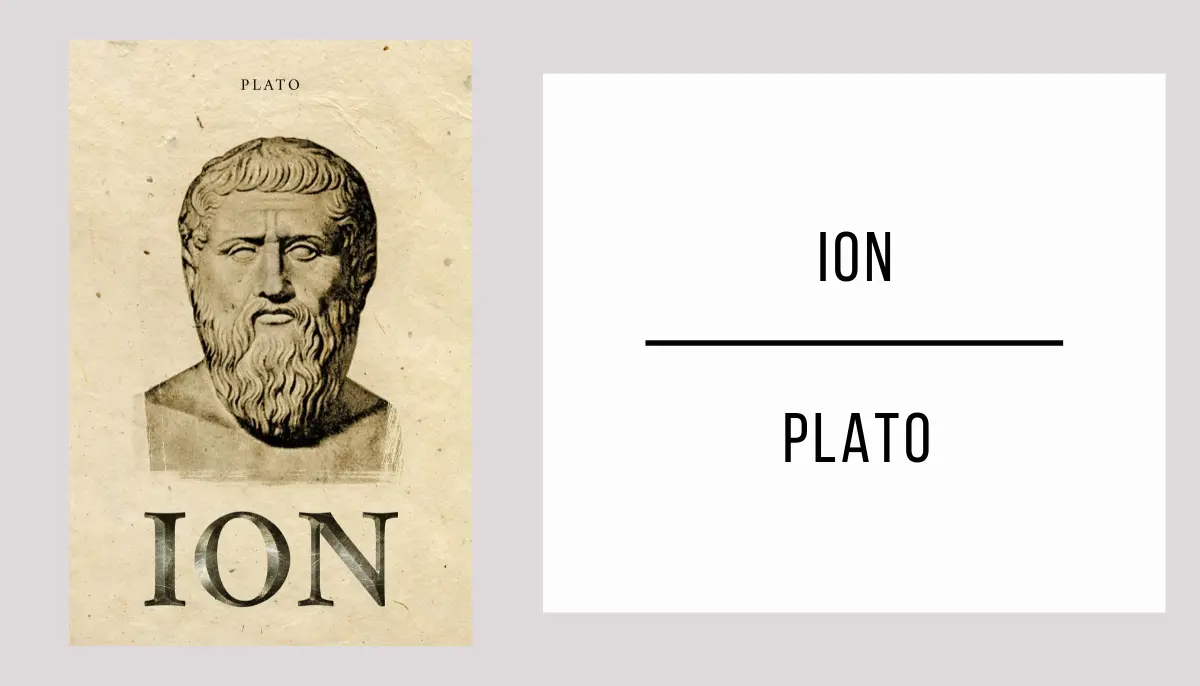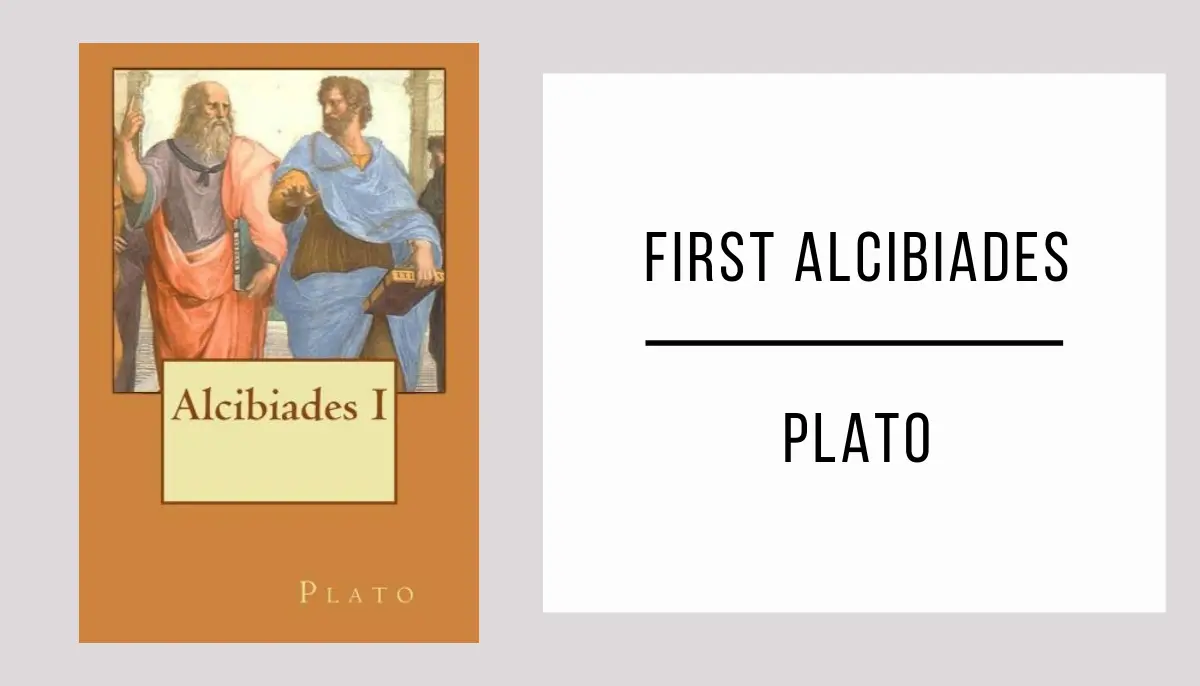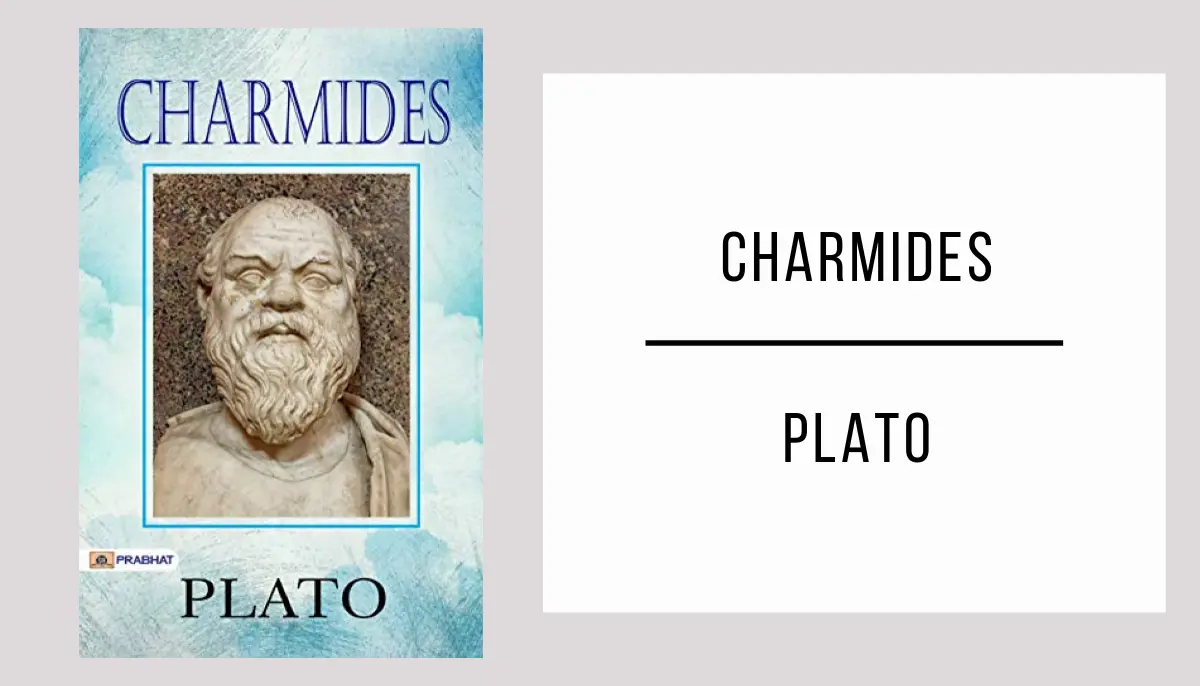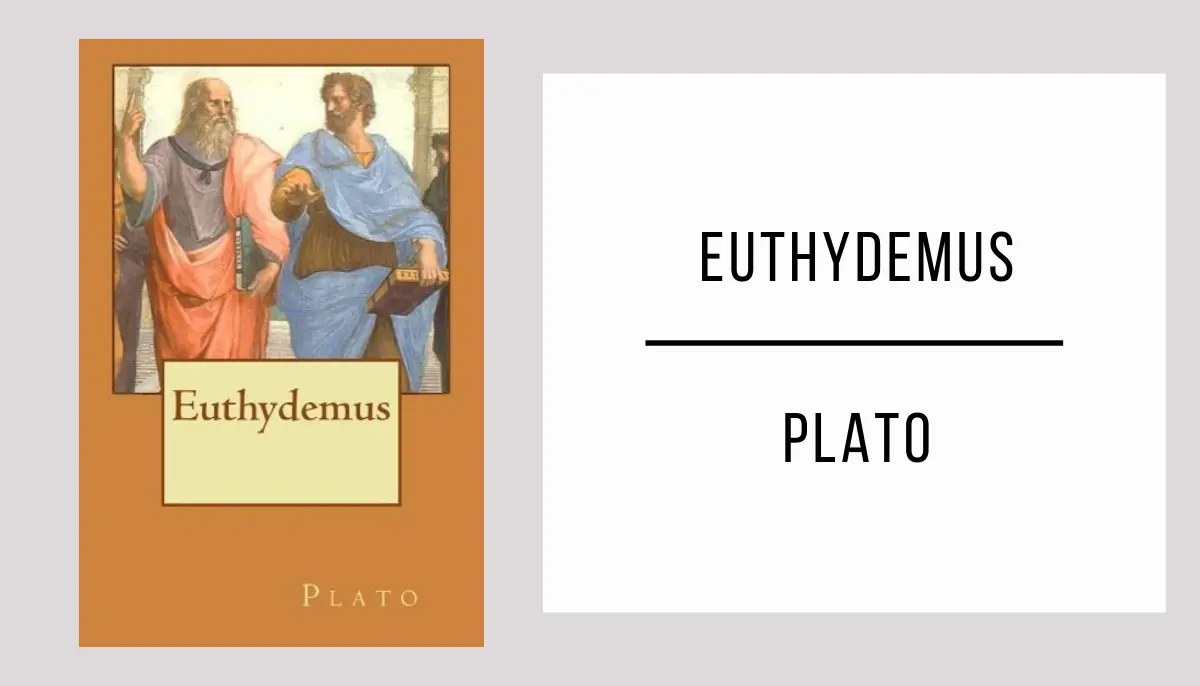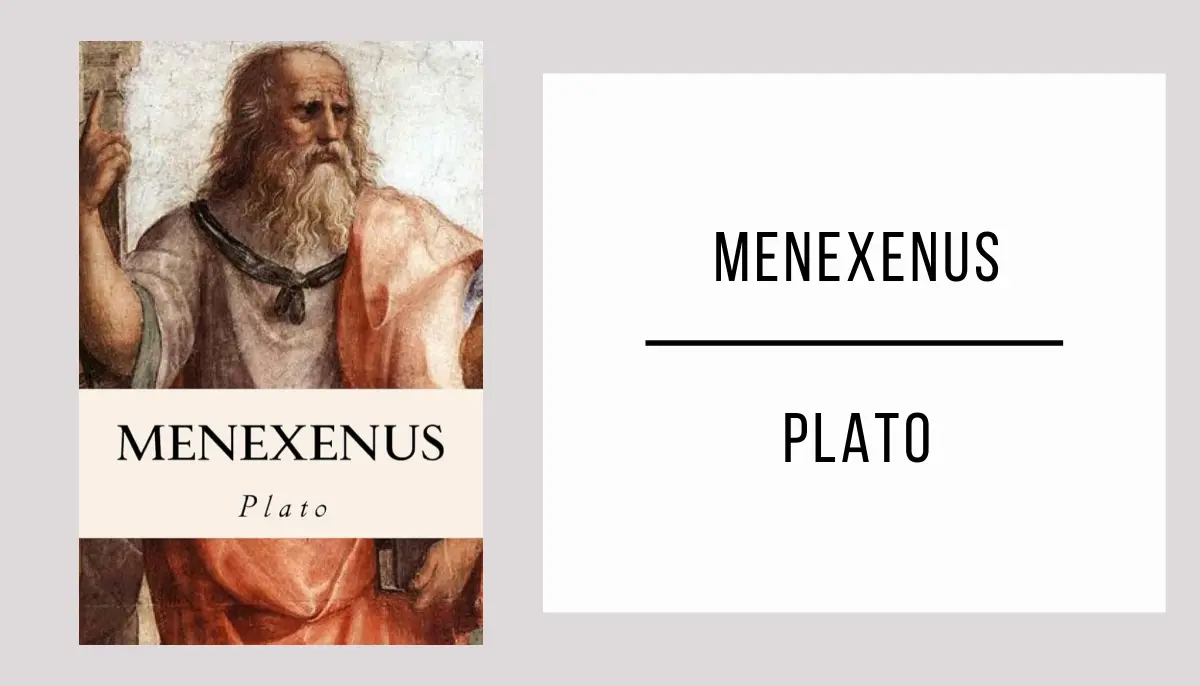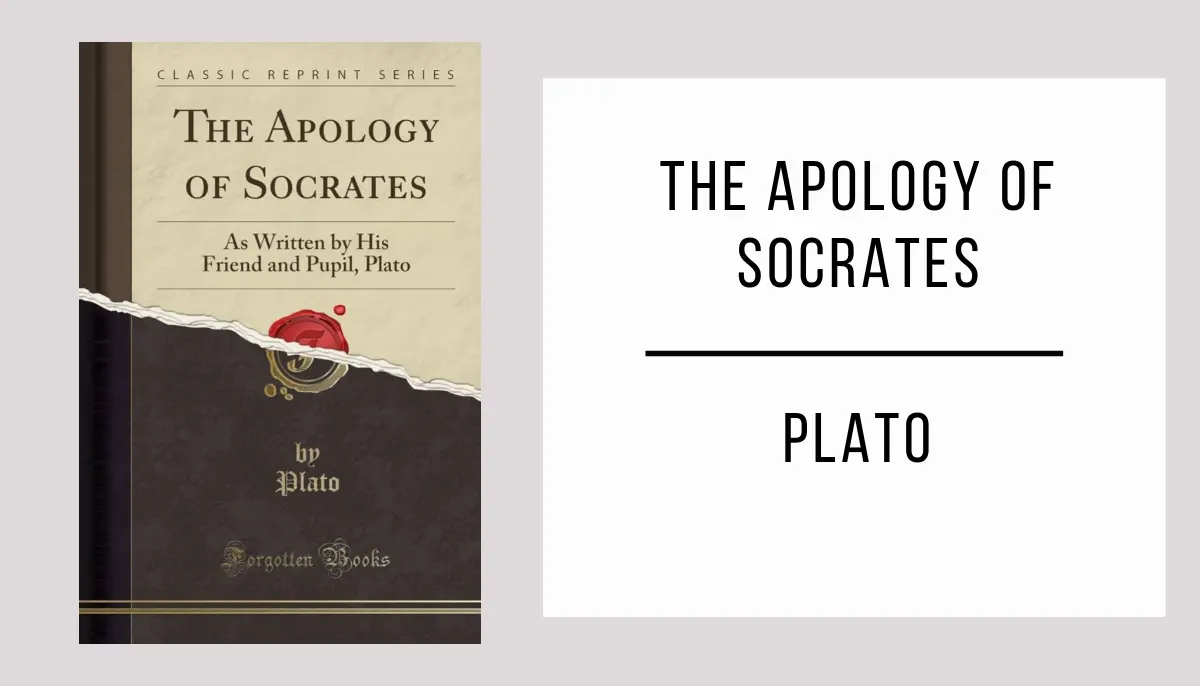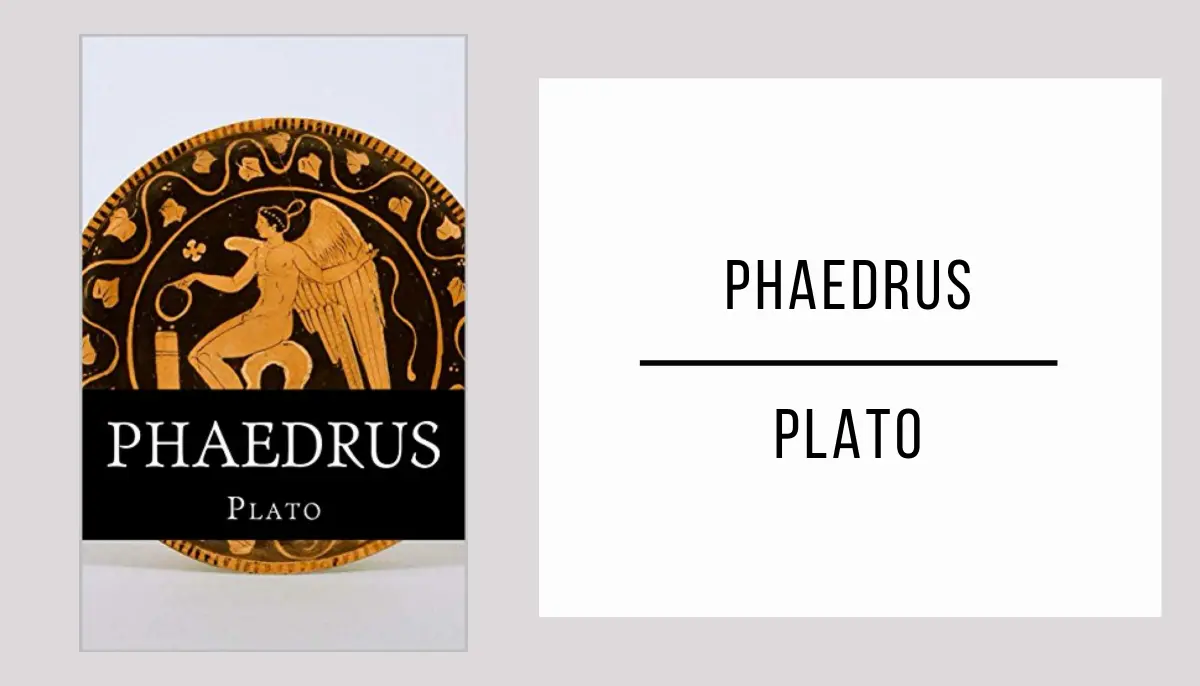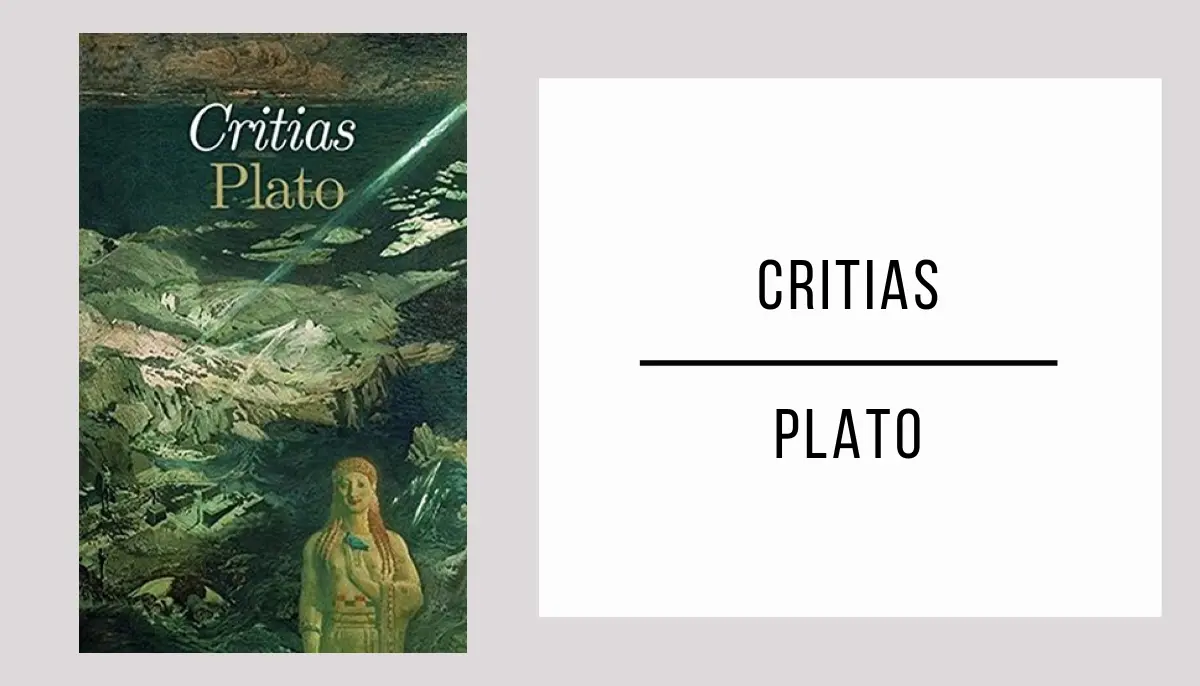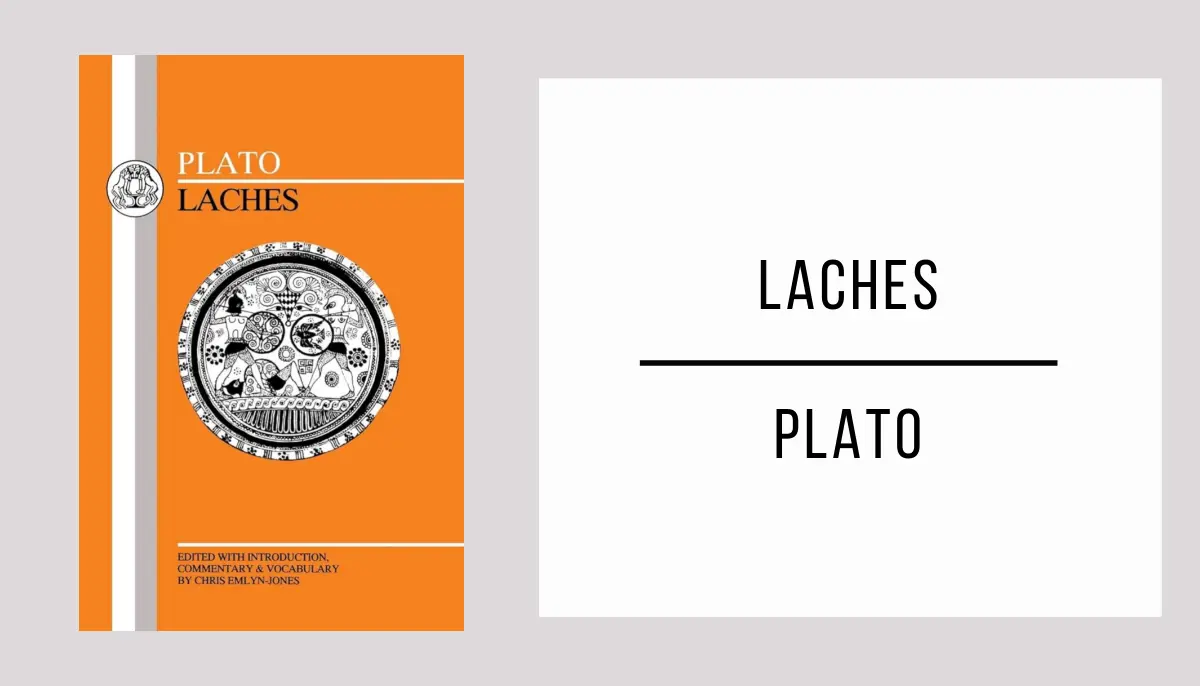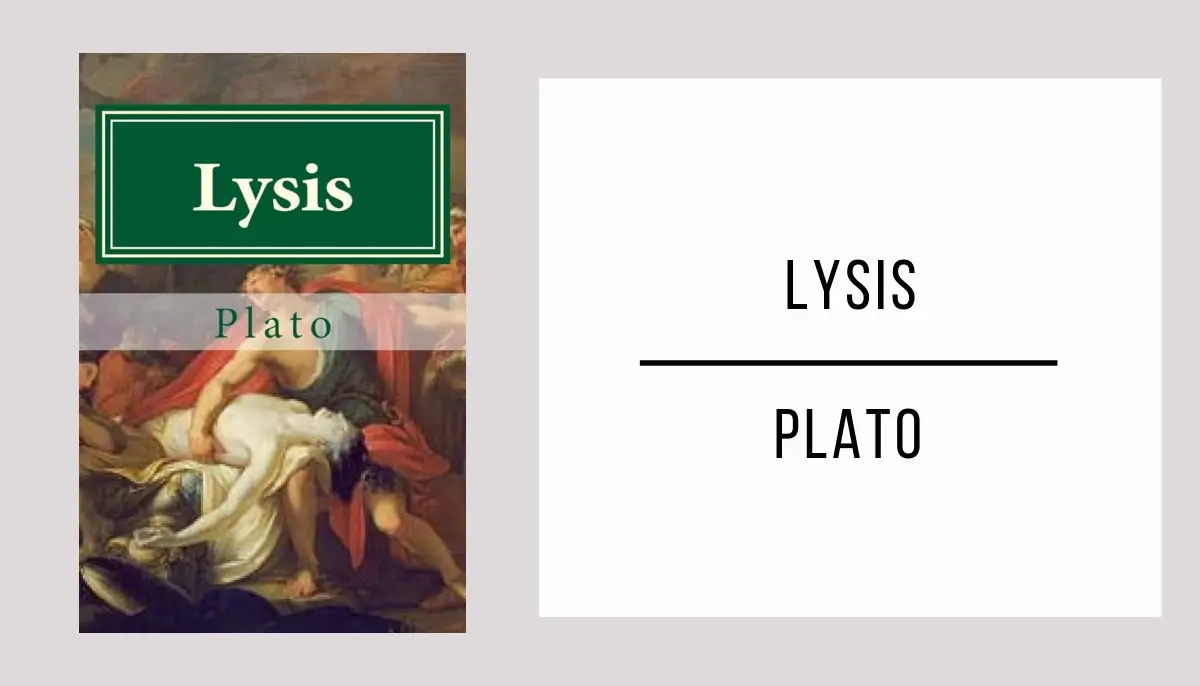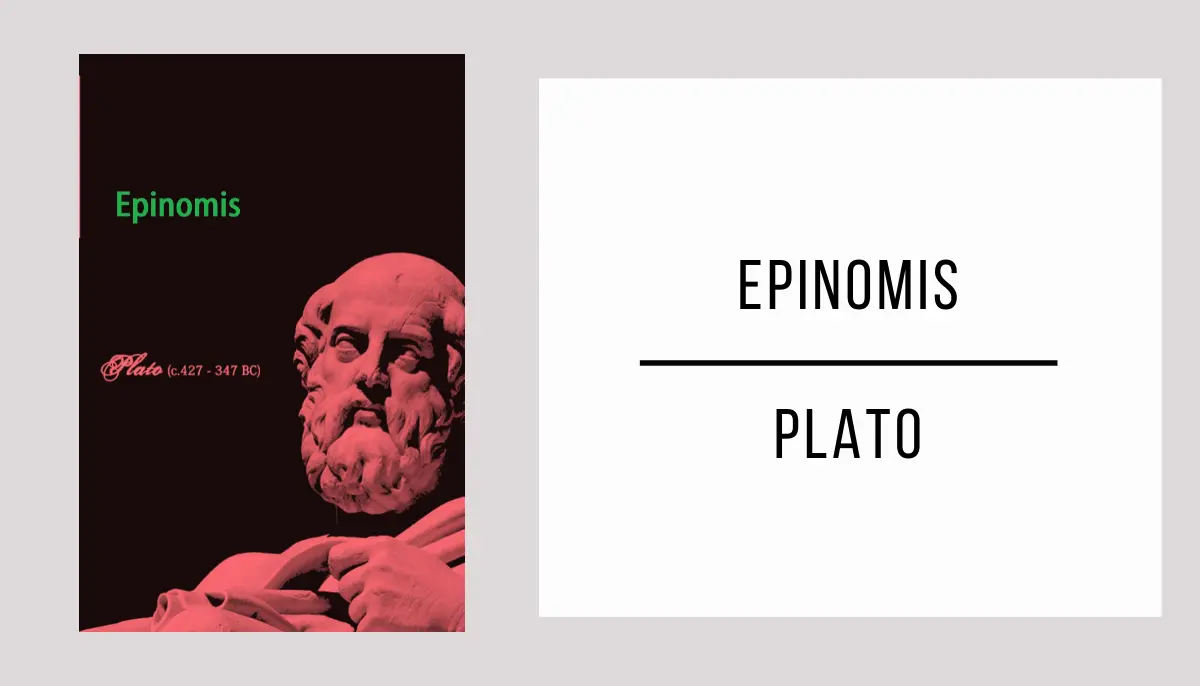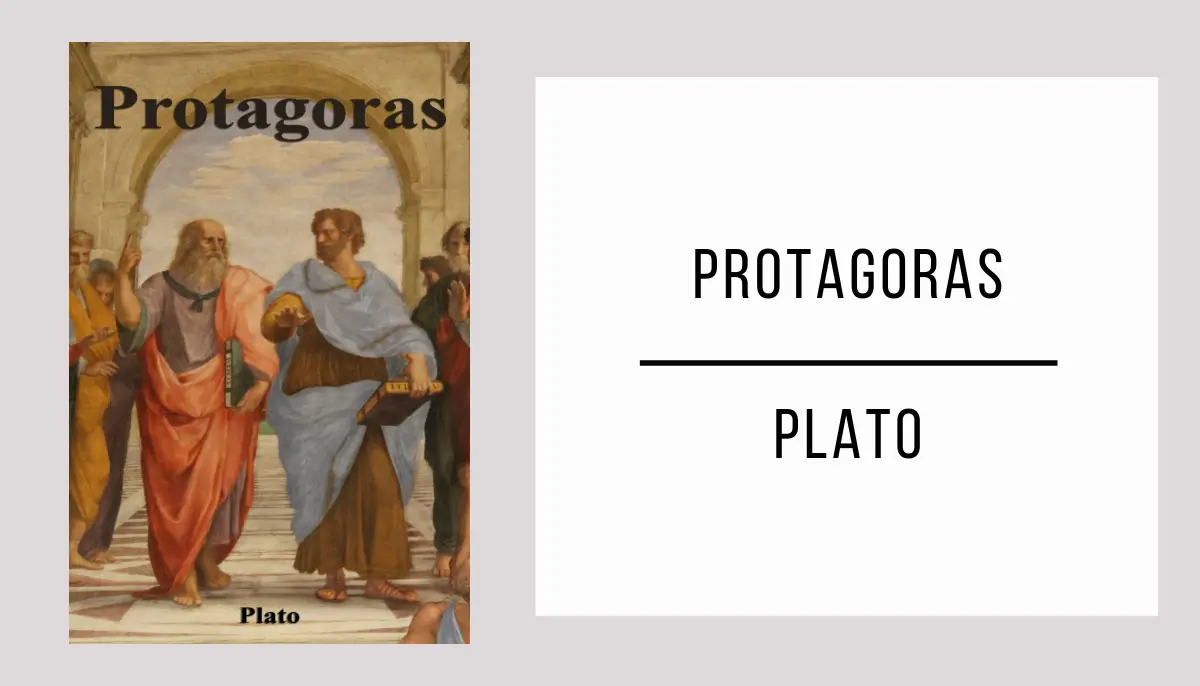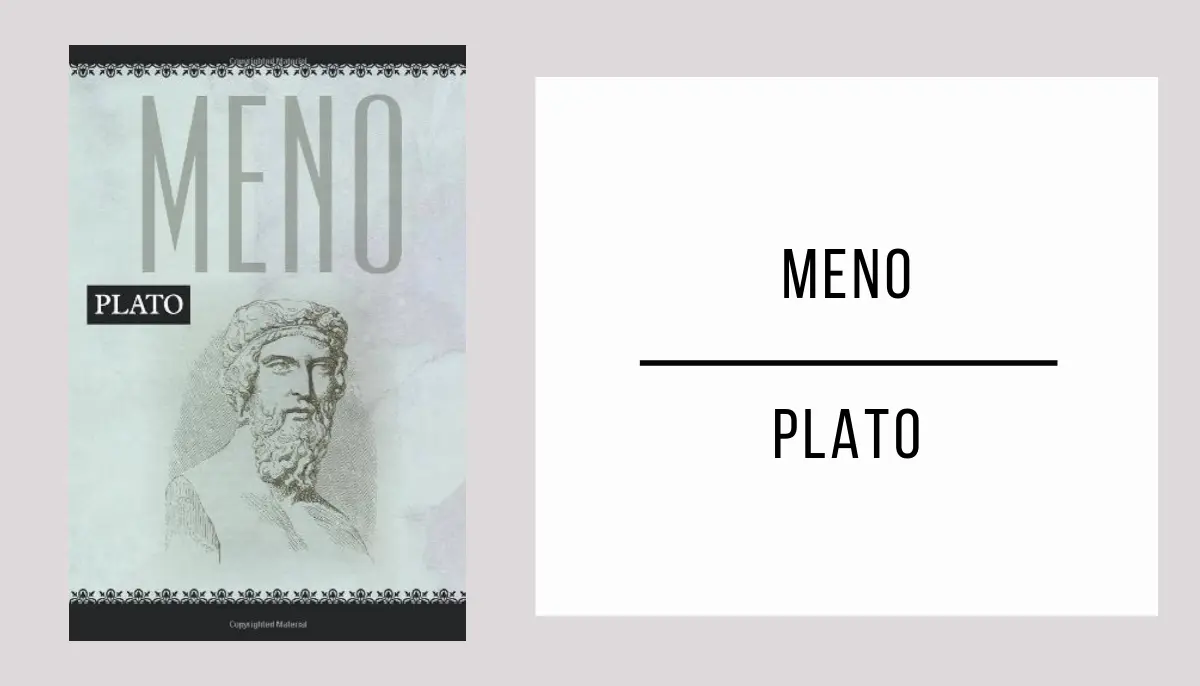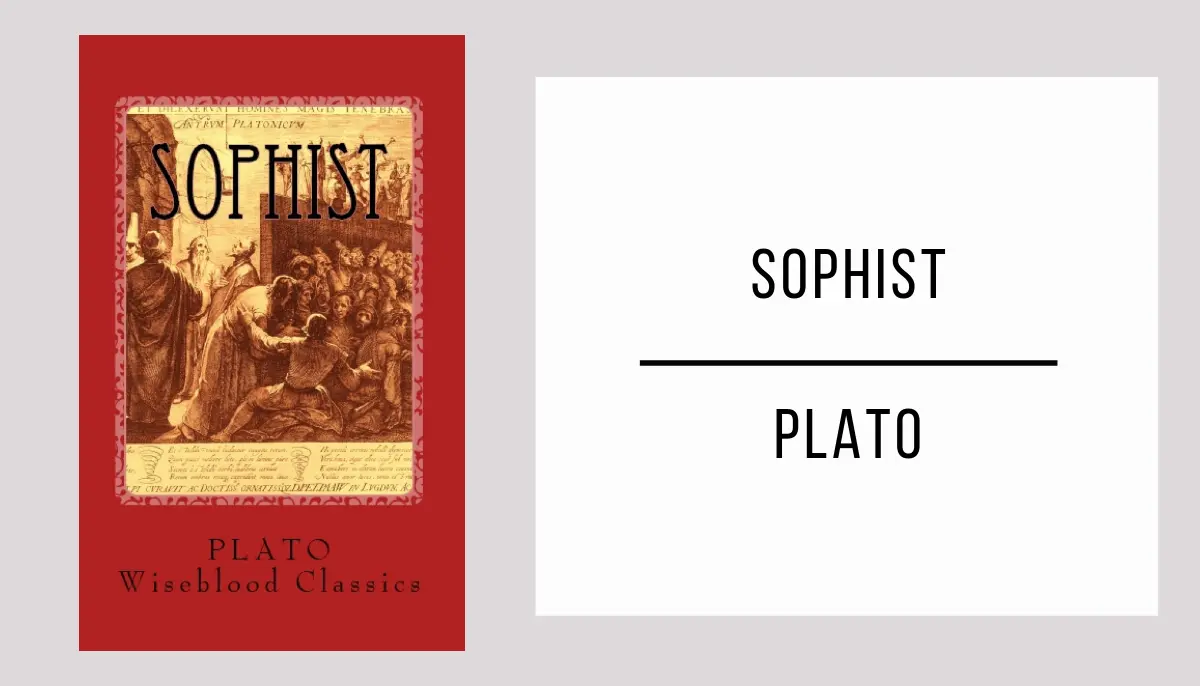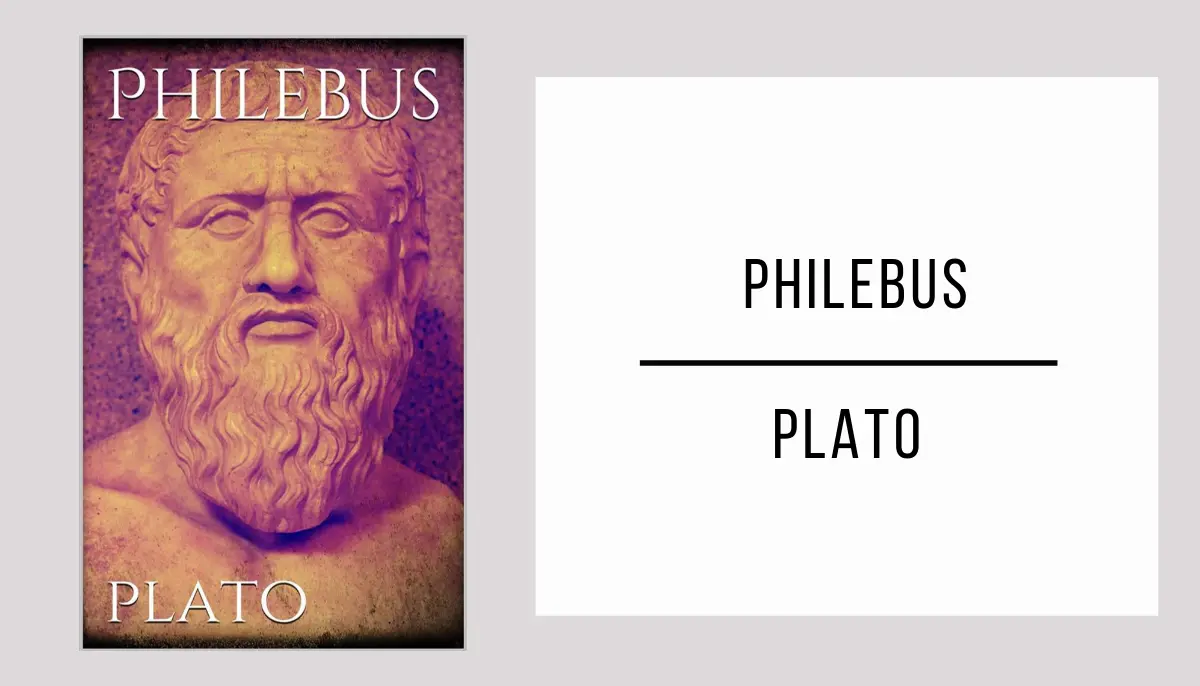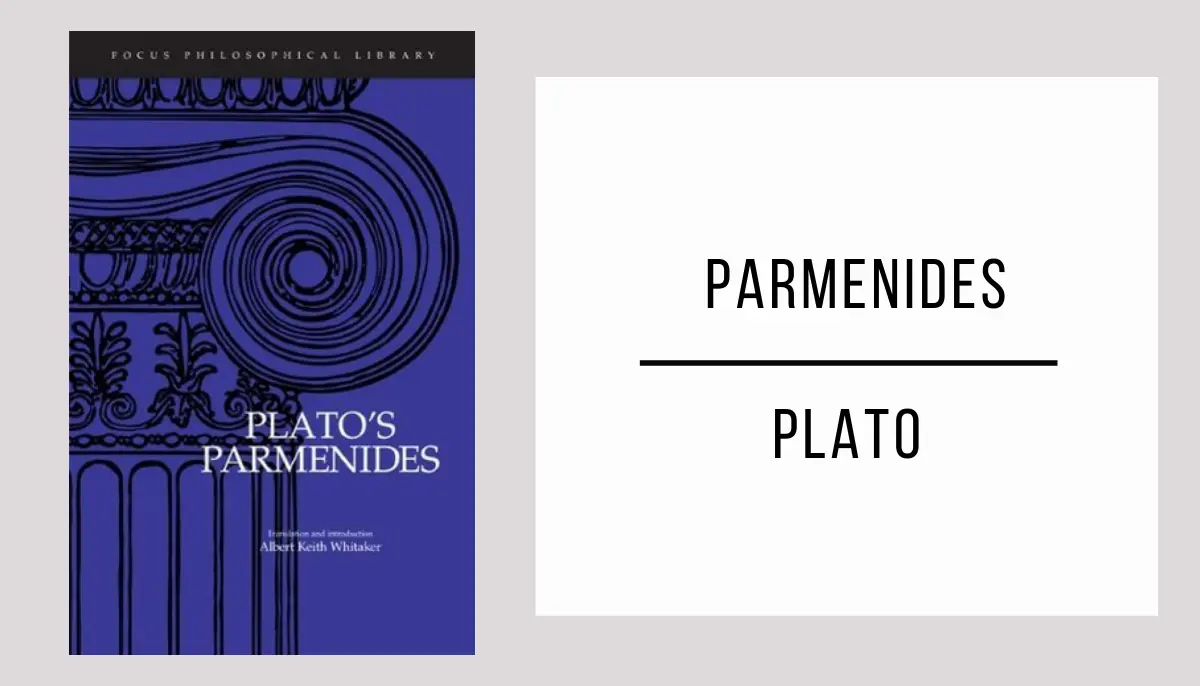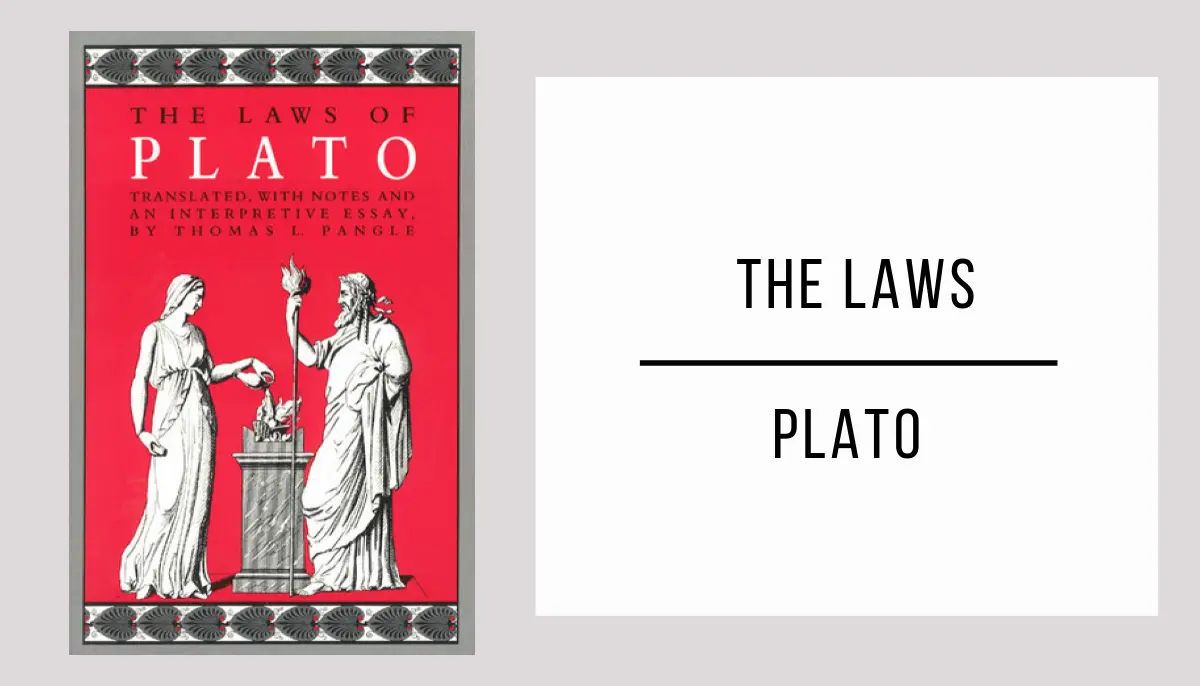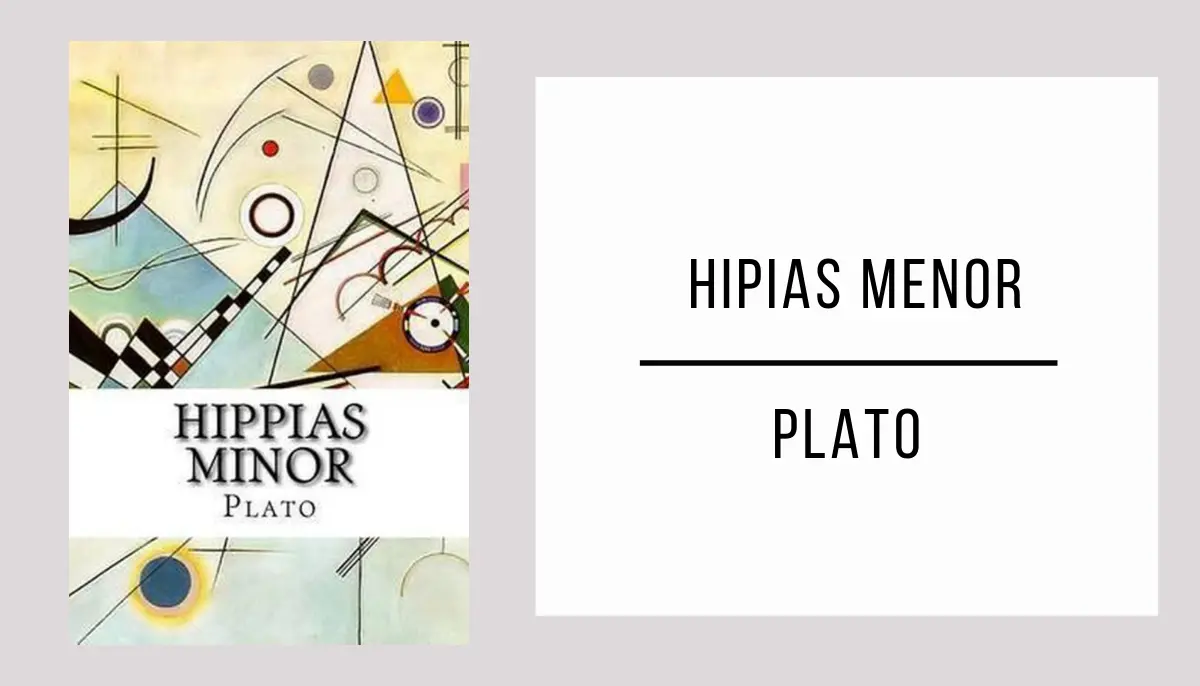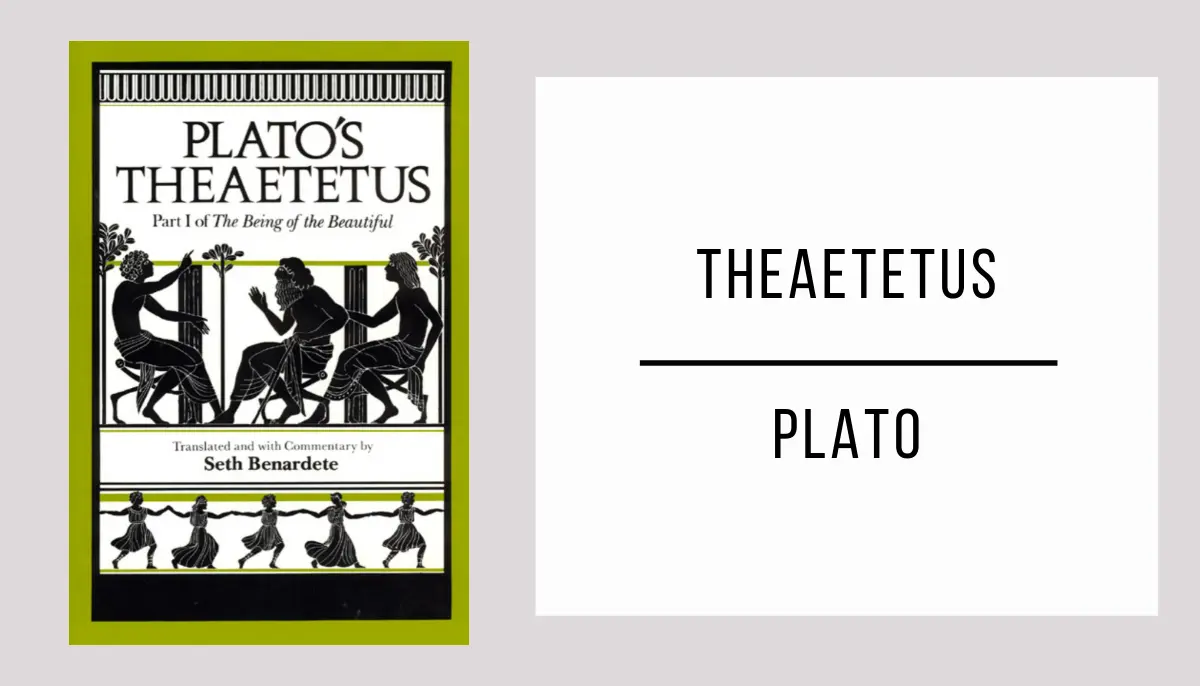“Statesman” by Plato is a masterpiece of classical literature that will transport you to ancient Greece, revealing the intricate workings of power and politics. Are you ready to immerse yourself in the mind of one of the great philosophers of history?
Download “Statesman” by Plato in free PDF format now and enjoy an enriching read.
Discover the revolutionary ideas and profound reflections that Plato bequeathed to us in “Politikos.” This book will challenge you to question your own beliefs and explore the true meaning of politics and governance.
Statesman in PDF format
*Wait a few seconds for the document to load, the time may vary depending on your internet connection. If you prefer, you can download the file by clicking on the link below.
Loading fileInformation Statesman
- Author: Plato.
- Publication Date: Approximately in the year 360 B.C.
- Main Characters:
- Socrates: Participates in the discussion and is one of the main interlocutors.
- Theodorus: Mathematician and student, involved in the discussion.
- Young Socrates: Another student, also participates in the discussion.
- Unknown Philosopher (the visitor): Presents the ideas of the politician.
- Brief Summary: In the dialogue “Statesman”, Socrates, Theodorus, Young Socrates, and an unknown philosopher discuss the politician and their specialized knowledge necessary for proper governance. Sophists are criticized, and the importance of justice and knowledge in politics is emphasized.
- Thematic Analysis: The “Statesman” dialogue addresses themes such as specialized political knowledge, criticism of sophists, the importance of justice in governance, and the need for social divisions to rule appropriately.
- Historical Context: “Statesman” is set within the classical period of ancient Greece, specifically in Athens. Plato, a disciple of Socrates, lived during a time of political and social upheaval in the city-state. This dialogue reflects the political concerns and debates of the era, as well as the quest for an ideal political model that could address the challenges of Greek society.
Plato Books
This is our complete collection of Plato’s books.


